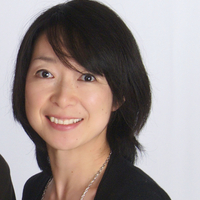Bio
Yoko Yamamoto is a faculty member at the Department of Education at Brown University. She received her Ph.D. in Human Development and Education from University of California at Berkeley. She has conducted research projects that examine socialization and educational processes across diverse cultural/ethnic and socioeconomic groups in the U.S. and Japan. She has served as the publicity committee chair and a steering committee member for the Society for the Study of Human Development.

